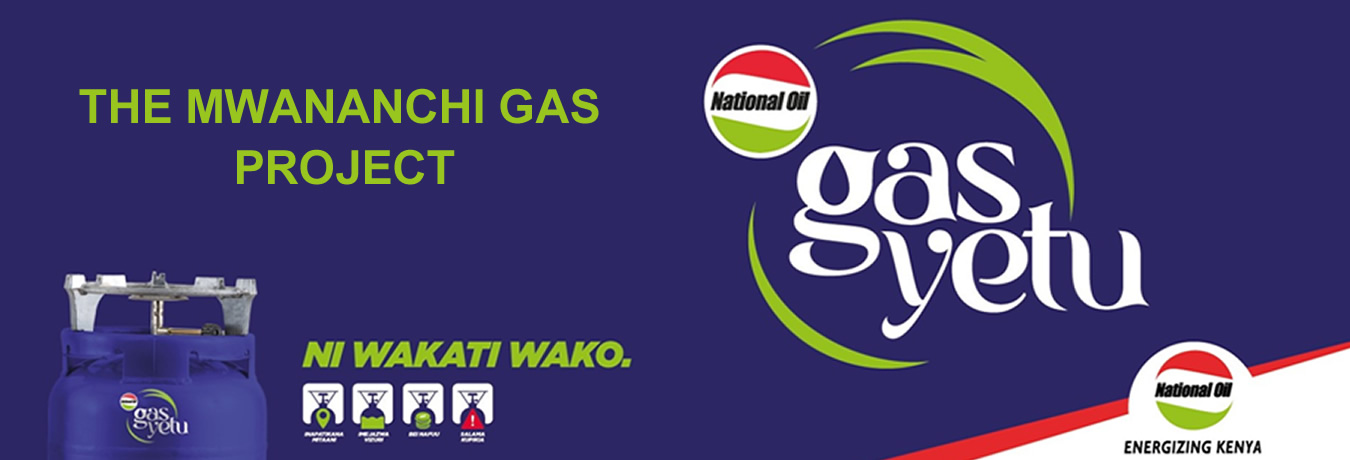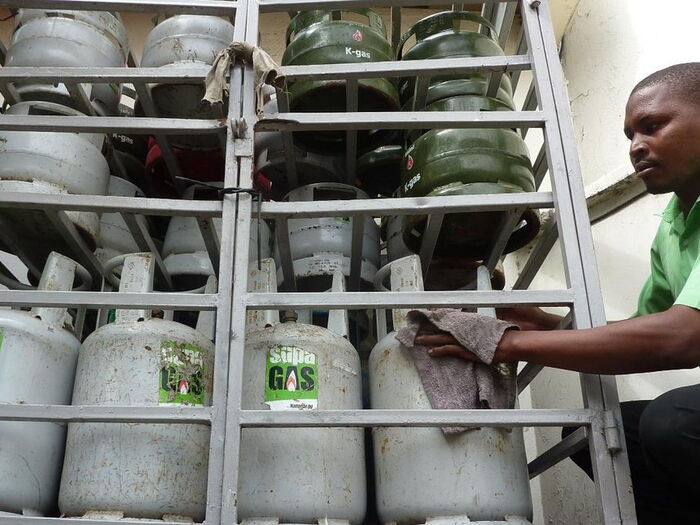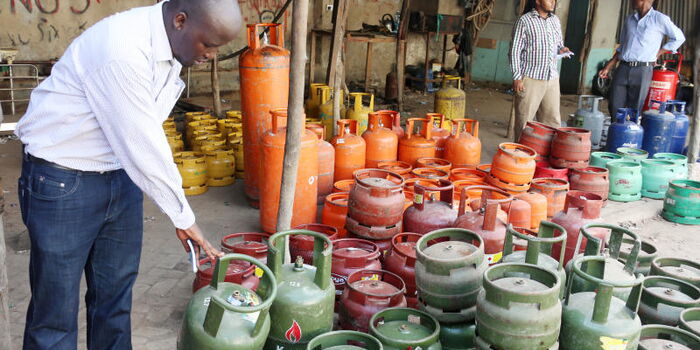
Many house holds which relied on cheap gas are expected to dig deep into their pockets or use other means in cooking since the Mwananchi Cooking Gas project has been suspended until further notice after distribution of faulty gas cylinders
Judge Wilfrida Okwany ruled that the project by President Uhuru Kenyatta were households w received 6kg cooking gas cylinders and burners at a discounted price of Sh2,000 has ben temporarily stopped until a petition filed by Consumers Federation of Kenya (Cofek) was heard.
“An order for injunction be issued against the 1st, 2nd, 4th and 5th respondents from releasing any gas cylinders to the public pending the hearing and determination of the petition,” stated Okwany.

According to the National Oil Corporation of Kenya (NOCK), substandard Liquefied Petroleum Gas (LPG) was distributed by criminal contractors.
Analysis of the report further showed that 67,251 out of 353,000 cylinders supplied by four local firms were rejected after it was discovered they had faulty valves that were a danger to the users.
The findings of the report caught the attention of the DCI who launched investigations into the matter.
